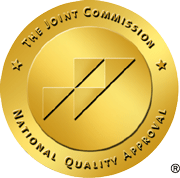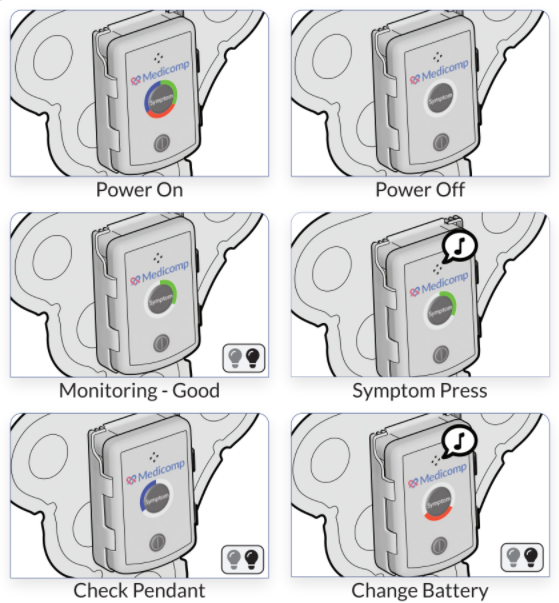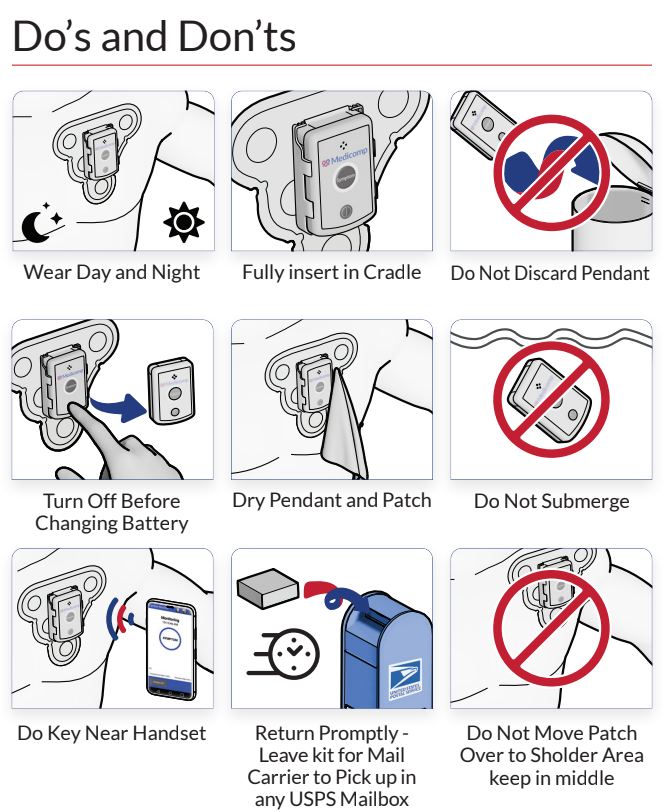When the International Space Station’s Cardiolab needed monitoring equipment they looked no further than ReactDx. Use of ReactDx’s Holter Monitors and Epicardia system had been such a successful part of the Mir Space Station’s physiolab, the team of French scientists at CNES asked ReactDx to be a part of the their Cardiolab aboard the International Space Station. Only a monitoring system of the highest quality and accuracy meets the needs of such world-renowned space exploration programs.
The International Space Station
The International Space Station (ISS) provides an opportunity to gain in-depth knowledge and understanding of the micro-gravity environment and its effects on humans. Astronauts are to live and work in space aboard the station for prolonged periods of time, conducting and taking part in important scientific experimentation.
The Cardiolab, led by the French space exploration team at CNES, is dedicated to the study of the human cardiovascular system and its evolution in a microgravity environment. CNES is currently using ReactDx’s Holter Monitor, equipped with the patented Diogenes algorithm, to conduct Holter procedures and collect ECG data. Data is then transmitted to Earth via a digital satellite connection for analysis.
For more information on Cardiolab and the International Space Station visit the CNES website.
Mir Space Station
In 1994, ReactDx was selected to provide the joint Russian and French space programs with ECG monitoring of cosmonauts on Mir Space Station as they trained and worked in space. Digital Holter Monitors, equipped with the Diogenes algorithm, and the Epicardia 4000 Holter System were integral parts of the Mir physiolab. ReactDx’s Holter Monitors were used to screen the health of the cosmonauts and astronauts, and to collect data on the long-term effects of low gravity on the human cardiovascular system. ReactDx was the only company in the world that met the stringent requirements of the international space programs involved.
The 24-hour digital data, analyzed as it was recorded, was transmitted to two sites on Earth through Mir’s digital satellite telecommunications system and reviewed by physicians in Toulouse, France and Star City, Russia. All the transmitted data was routine until early July 1997, when the ReactDx system recorded changes in the rhythm of Commander Vasily Tsibliyev’s heart.
“The information provided by the ReactDx system allowed the doctors to determine that while there was a change in Tsibliyev’s cardiac function, the problem was not putting him in imminent danger, and that they did not have to immediately return him to Earth”, said Didier Cauquil, Physiolab project manager for CNES, the French space agency. “They were able to make their decision based on accurate, real-time data instead of relying on symptoms or speculation.”
To view a synopsis of the cardiovascular research conducted on Mir, visit the NASA website.



